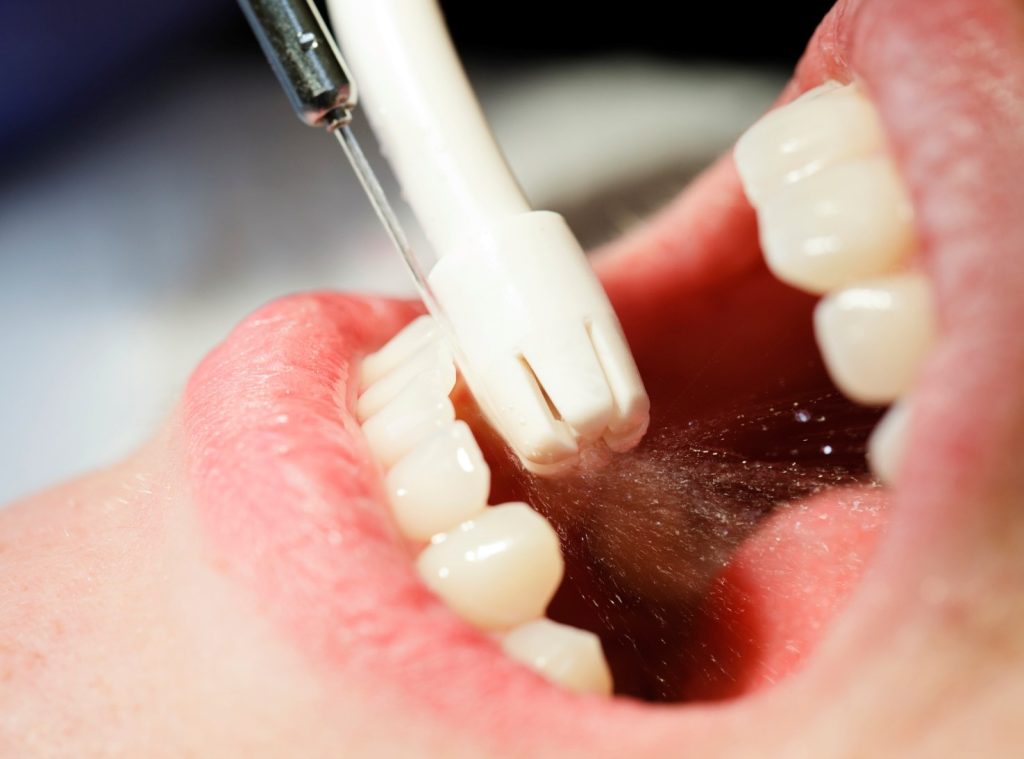Regular teeth cleaning is part of maintaining good oral hygiene. However, there may be instances where a standard cleaning is not enough. In such cases, a dental deep cleaning, also known as scaling and root planing, becomes necessary. Let’s delve into what is a deep cleaning at the dentist, why it’s important, and how it differs from regular cleaning.
What Is Deep Cleaning?
During a regular dental cleaning, the focus is primarily on the teeth and above the gum line. However, if bacteria has accumulated below the gum line and is causing more serious problems, a deeper cleaning is needed.
Deep cleaning involves removing plaque, tartar, and bacteria from the gum pockets and the roots of the teeth. This thorough cleaning helps prevent the progression of gum disease and saves your teeth from potential damage.
How Is It Different From Regular Cleaning?
The process of deep cleaning involves using specialized techniques to eliminate plaque and tartar buildup below the gum line. Dental professionals utilize handheld scalers and ultrasonic tools with a vibrating metal tip and water spray to remove deposits. Additionally, the roots of the teeth are smoothed to make it harder for bacteria to adhere.
A deep cleaning may be uncomfortable due to the instruments reaching below the gum line, a numbing agent can be used to minimize any discomfort. Furthermore, an antibiotic gel or mouth rinse may be prescribed to kill any remaining germs. Often, deep cleanings require multiple appointments, depending on the individual’s oral health needs.
Why Do You Need a Deep Cleaning?
It is essential to pay attention to your dental health to determine if you require a deep cleaning. Signs that may indicate the need for this intensive cleaning include bad breath, loose permanent teeth, bleeding gums, swollen or sensitive gums, and deep pockets between the teeth and gums.
Your dentist can diagnose the need for a deep cleaning by measuring the gum pocket depths during a regular check-up. X-rays may also be taken to assess any bone loss.
Aftercare and Follow-Up
Following a deep cleaning, it is common to experience some tooth sensitivity, slight swelling, or bruising. Over-the-counter pain medication and rinsing with salt water can help alleviate these symptoms. It is important to avoid certain foods that may aggravate the area and follow any prescribed antibiotics.
Regular follow-up appointments will be scheduled to monitor healing and assess the need for future deep cleanings.
Summary
A dental deep cleaning is a specialized procedure that goes beyond regular cleaning to address more severe oral health issues. This involves removing plaque and tartar buildup below the gum line to help prevent gum disease and promote a healthier mouth.
Maintain a Healthy Smile
Achieve good oral health with the help of Dentistry at Ivy Falls, a family dental clinic in Johns Creek, GA. To ask anything about deep cleaning your teeth and to schedule an appointment, reach out to us today.

